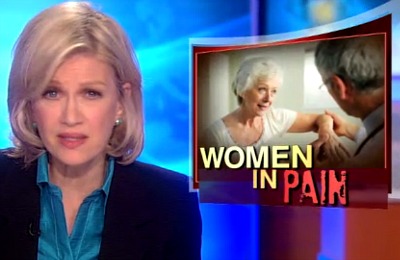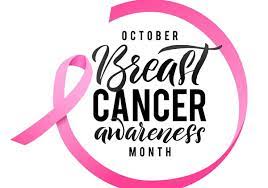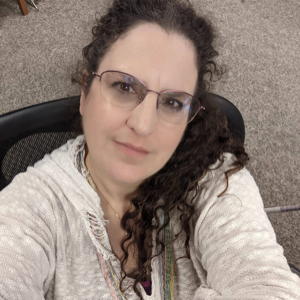
October is Breast Cancer Awareness Month, a cause that is near and dear to Team For Grace as our founder Cynthia Toussaint has fought the most aggressive form of this disease twice since 2020. In the same vein of her work to highlight healthcare's failing of women in pain, Cynthia sees many breast cancer patients plagued with over-treatment, lack of individualized care and not having a voice in their treatment. As such, she is collaborating on a book with a leading healthcare expert to educate oncologists to be better, more enlightened healers using a whole body approach.

Catch For Grace's October Story of the Month as we take a look at healthcare trauma. At age 42, Jennifer Coffey developed breast cancer, and though she beat it, her surgeries led to more troubling struggles. Left with CRPS and neuropathy, Jennifer became disabled, in short order losing her career, home and everything she cherished. Bravely attempting to claw back her life, she ran into a brick wall as her healthcare insurer denied claim after claim for treatment. Though Jennifer has made head way via social media and political pressure, her future remains uncertain.

How does one mute the force of trauma once it becomes a driver for pain and illness? The "Trauma Release" panel at For Grace's 11th Annual Women In Pain Conference will provide some powerful, tried-and-true answers to this all-important question. Comprised of women in pain who will share their real-life stories, this panel will make known some of the critical tools and resources they used to move beyond trauma to a place of physical and emotional wellness. Join us on November 17th for this free, virtual event streaming from 10am to 3pm PT at For Grace's YouTube page.

The healing power of trauma release techniques and strategies will be highlighted at For Grace's 11th Annual Women In Pain Conference: "The Trauma-Pain Connection - A Path to Recovery and Growth" slated for November 17th. Yale University and VA Connecticut clinical research psychologist, Dr. Mary Driscoll, will share the various methods one can utilize to recover from trauma, emphasizing emerging trends that aid women to overcome trauma-induced chronic pain. Also Dr. Driscoll will discuss the importance of trauma-informed care in establishing wellness.
